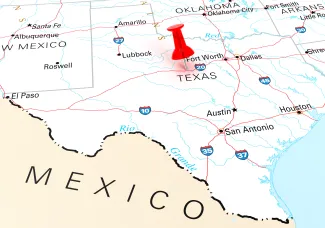
Texas leaders work to improve job opportunities for rural students
Click to play to listen to this article.
(Texas News Service) Work is being done in rural areas across Texas to make sure students are prepared for the workforce even if they intend to stay put after graduation.
One new study showed only 31 percent of adults in non-metro areas have a degree from a junior college or university. The nonprofit Jobs for the Future creates opportunities for the education system and local businesses to work together in hopes of increasing the number.

Susan Jenness, senior manager of the group, said there are three key changes leaders in rural areas could make to improve training for students.
"Strategy number one, build on your local strengths and contacts," Jenness outlined. "Strategy number two is thinking about how to prioritize inclusive economic development. And then finally, the third strategy was around embedding remote opportunities."
Jenness argued schools, local economic development agencies and businesses need to collaborate to create opportunities. A couple of options are dual enrollment, where high school students also earn college credits, and work-based learning, so they can hone their skills on the job.
The study found in the U.S., the benefits of economic systems are unevenly distributed and certain groups and communities suffer the most, particularly rural areas. Disparities are also seen across lines of race, ethnicity and gender.
Jenness stressed gaps can be closed if rural students receive training for the types of jobs available in their communities.
"What are the industries that employ the most rural workers? And the top three that we think tend to be -- you know, have good quality jobs -- are industries like government, manufacturing and health care," Jenness explained.
She added remote work is also a key strategy to ensure rural students have access to a variety of well-paid jobs.
















